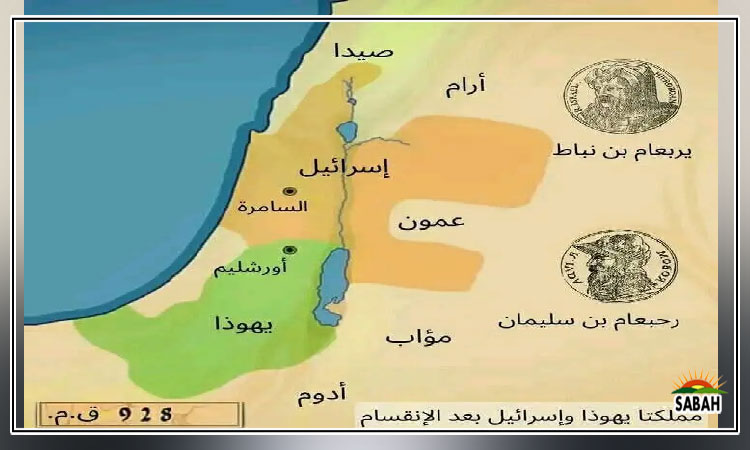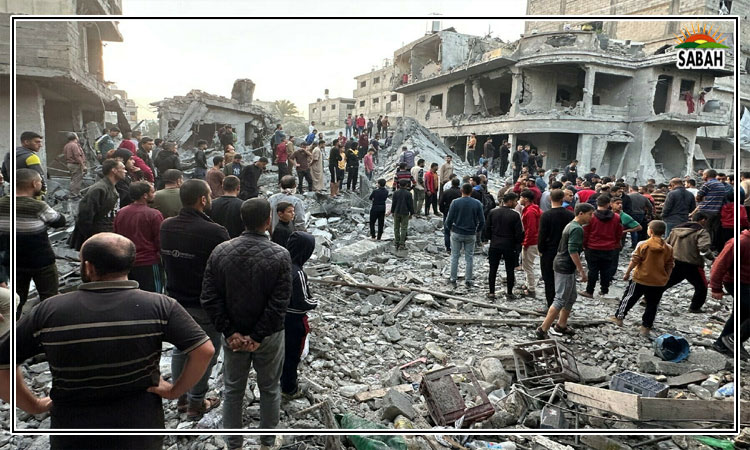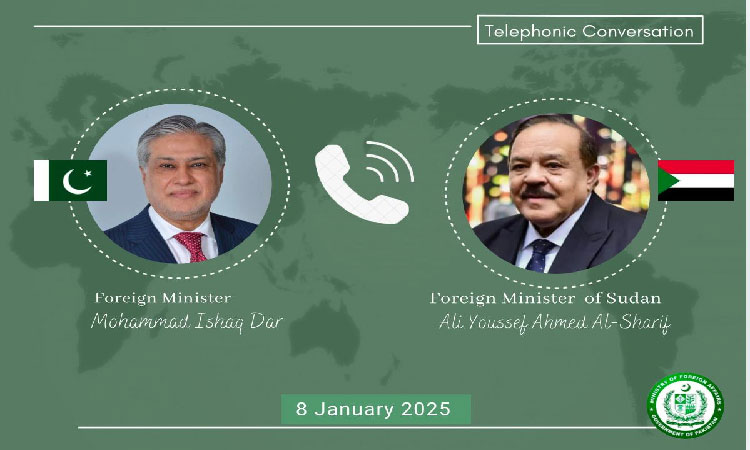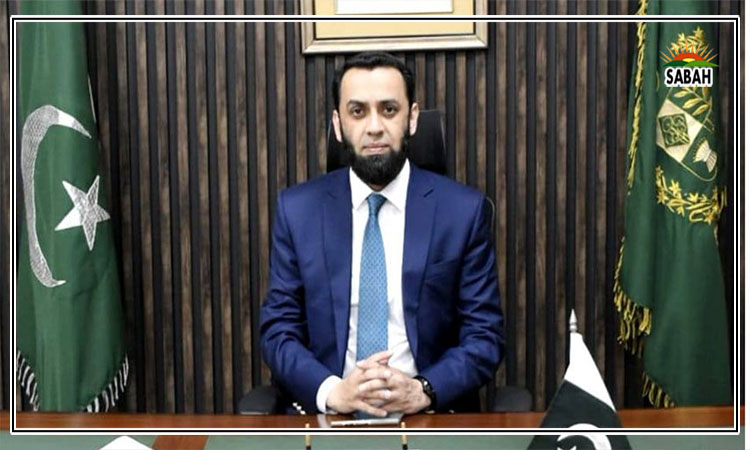Remember the region? By Dr Pervez Tahir
Earlier this week, planning minister Ahsan Iqbal inaugurated the 25th Sustainable Development Conference under the auspices of the SDPI, a think-tank established as part of the national conservation strategy circa 1990s. The event brought to Islamabad UNESCAPs 6th South and Southwest Asia High-level Political Forum and Policy Dialogue on SDGs. The conference is a sudden reminder that we live in a region which, contrary to economic norms, trades the least within. Economists call it gravity model of trade that benefits the consumers most, an unpleasant reminder in the grave economic times for consumers in Pakistan. While economists have moved on to an enhanced gravity model, the SAARC region continues to neglect intra-regional trade due to the unending acrimony between Pakistan and India. An example of the strength of the model is that India is able to export to Pakistan more than it imports despite the denial of the most-favoured nation status.
The minister urged the regional countries to make joint efforts to achieve common goals of poverty alleviation, literacy, sustainable socio-economic development and mitigation of climate disaster impacts. These words of his found place in media, though not prominently. But the media blacked out his entry into the no-go territory. Departing, perhaps, from his text, the minister lamented the failure to hold the SAARC summit for years. (Disconcertingly, even the annual foreign ministers meeting held on the sidelines of the United Nations General Assembly in New York was cancelled this year) Most important, the minister received the loudest applause when he talked about the poor trade relationship. This seditious statement was made in the presence of Mikiko Tanaka, the Director and Head of UNESCAP Subregional Office for South and South-West Asia; Knut Ostby, the UNDP Country Director; Fathimath Niuma, the Deputy Minister for the Ministry of Planning, Housing and Infrastructure, Maldives; Shehan Semasinghe, the Minister of State for Finance, Sri Lanka; and Armida Salsiah Alisjahbana, the UN Under-Secretary-General and UNCESCAP Executive Secretary. Esala Ruwan Weerakoon, the Secretary-General, SAARC, was present virtually.
Not long ago, commerce minister Imran Khan submitted a summary to the cabinet on trade with India that had to be rejected by the one-page prime minister Imran Khan. No wonder then that the utterings of the current planning minister were ignored by the media. India is an enemy, hence no trade, is becoming an article of faith. Our iron friend China and India are no friends, but trade between the two is far more than the entire foreign trade of Pakistan. Iran is no enemy, but smuggling is incentivised more than trade. Afghanistan, worth more as an economic asset than a strategic asset, is now being held responsible for our debilitating current account deficit. Both are also being fenced against, the worst form of non-tariff barriers. Now that the most important appointment has been made, we must search our souls to know why we cant stand our neighbours. Sometimes we do hear that we cant change our neighbours. Where is the neighbourhood strategy to make life easier for the consumers in general and the people in the border areas?
At the Islamabad Security Dialogue on April 2, General Bajwa observed: Since Pakistans concerns are its people, we want to put the money where the mouth is. Today, Pakistan stands at the crossroads of its economic and strategic goals. It has north-south connectivity. We want to build connectivity from east to west. This will increase trade and benefit Pakistan and the region. We want to move from geostrategy to geoeconomics and make Pakistan a modern and forward-looking country. Was this just the double-speak Imran Khan now grumbles about?
Courtsey The Express Tribune


